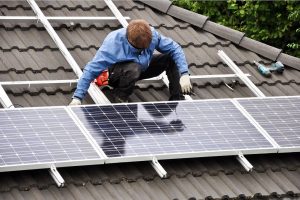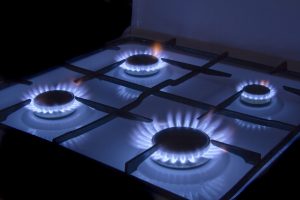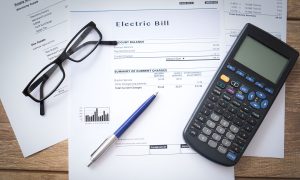As the world grapples with the challenges of climate change and dwindling fossil fuel reserves, the pursuit of energy independence and sustainable living has become a critical priority. One of the most promising solutions lies in the widespread adoption of solar panel installation, a technology that harnesses the abundant and renewable energy of the sun.
Take Control of Your Energy Future with Solar Panels
Solar panel installation offers homeowners and businesses a pathway to energy self-sufficiency, reducing their reliance on traditional energy sources and their carbon footprint. By converting sunlight into electricity, solar panels provide a clean and inexhaustible source of power that can meet a significant portion of a household’s or commercial establishment’s energy needs.
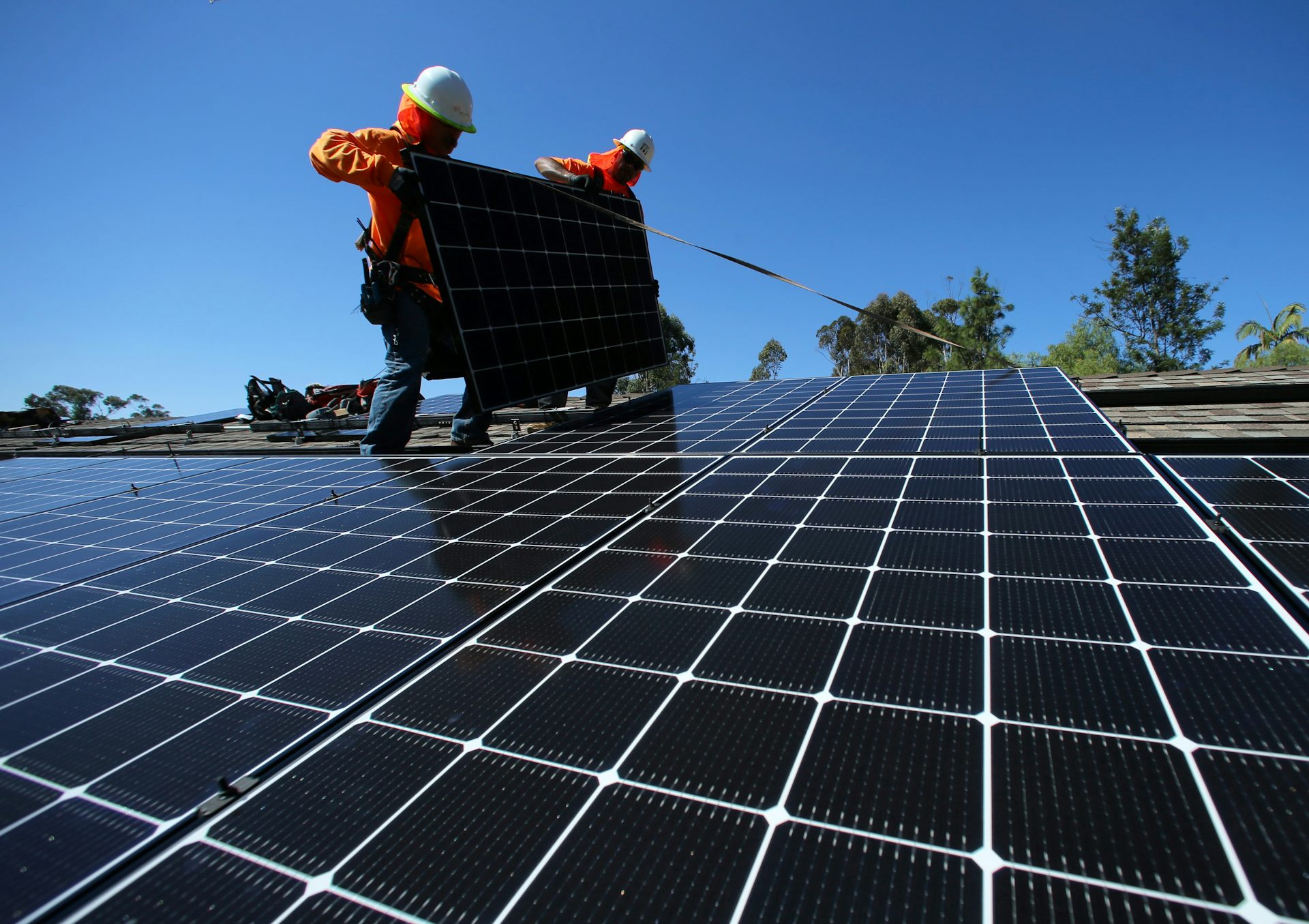
The benefits of solar panel installation extend far beyond environmental considerations. From a financial standpoint, investing in solar panels can lead to substantial long-term savings on electricity bills. While the initial installation costs may seem daunting, various government incentives, tax credits, and rebates are available to offset these expenses, making solar power an increasingly attractive and accessible option.
Moreover, solar panel installation contributes to the creation of a more resilient and decentralized energy infrastructure. By generating electricity on-site, homeowners and businesses can insulate themselves from power outages, grid failures, and fluctuations in energy prices. This increased energy security and independence can be particularly valuable in regions prone to natural disasters or with unreliable energy grids.
Beyond the individual benefits, widespread solar panel installation plays a crucial role in achieving broader societal goals of sustainability and environmental stewardship. By reducing our reliance on fossil fuels, we can mitigate the adverse impacts of climate change, such as rising temperatures, sea-level rise, and extreme weather events. Additionally, the transition to renewable energy sources like solar power can improve air quality, reduce pollution, and promote public health.
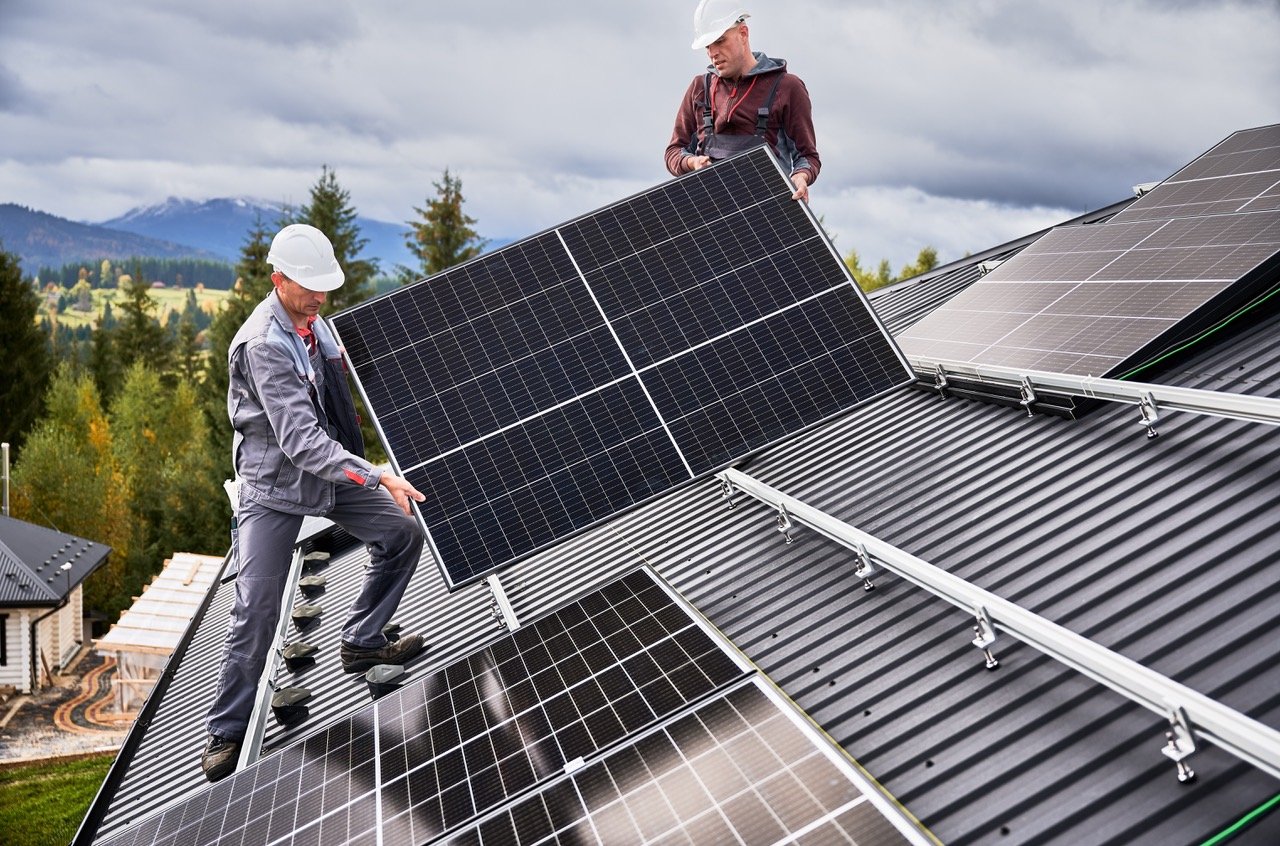
As technology continues to advance and the costs of solar panel installation continue to decrease, the adoption of this sustainable energy solution is becoming more accessible to a broader segment of the population. However, achieving widespread energy independence through solar power will require collective effort, supportive policies, and a commitment to sustainable living from individuals, communities, and governments alike.
In conclusion, solar panel installation represents a pivotal step towards achieving energy independence and embracing sustainable living practices. By harnessing the abundant and renewable energy of the sun, we can reduce our environmental impact, secure long-term energy security, and pave the way for a more sustainable future for generations to come.

